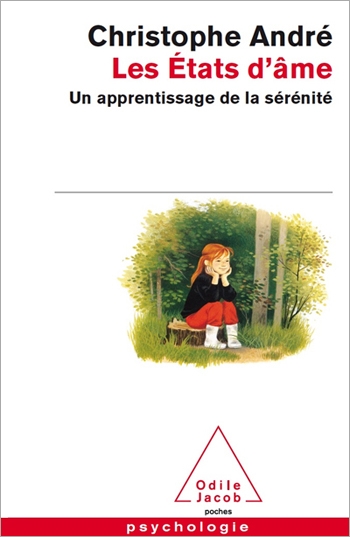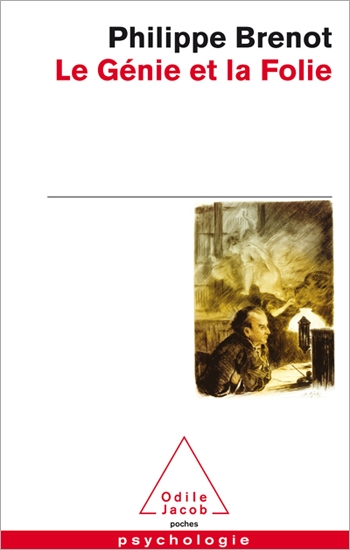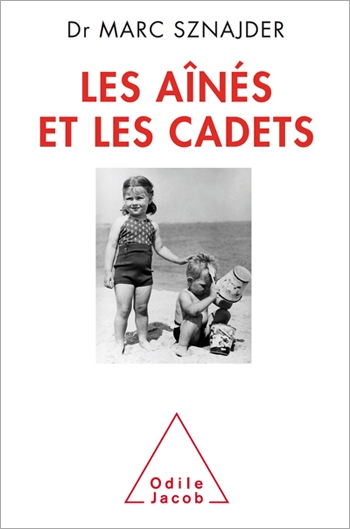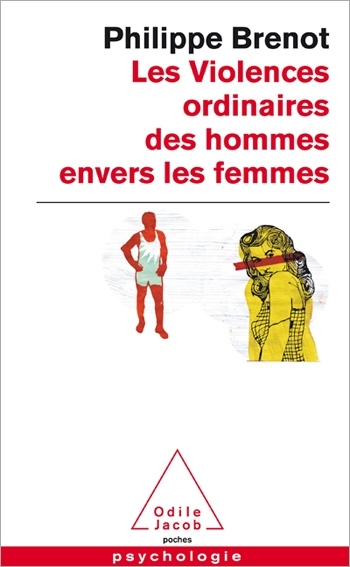Psychology All books
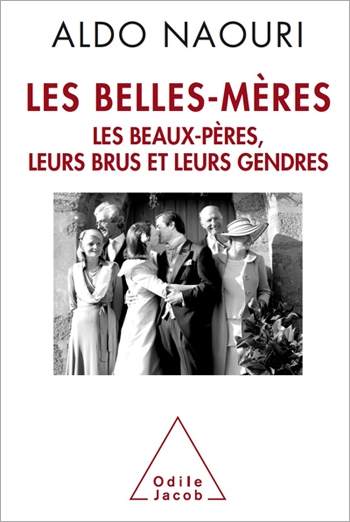
Aldo Naouri
Mothers-in-Law Fathers-in-Law, Daughters-in-Law and Sons-in-Law
Why is it so hard to get on with your in-laws? A fascinating enquiry into the heart of family life
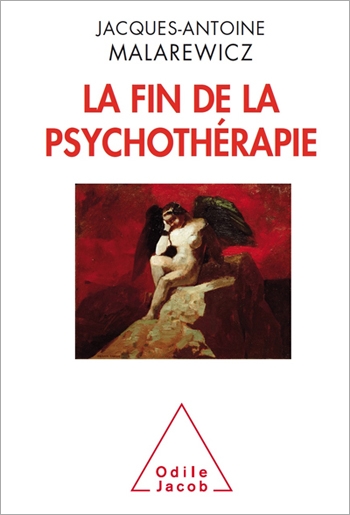
Jacques-Antoine Malarewicz
The End of Psychotherapy
Psychotherapy is becoming extinct. This book warns us of a process that threatens society.
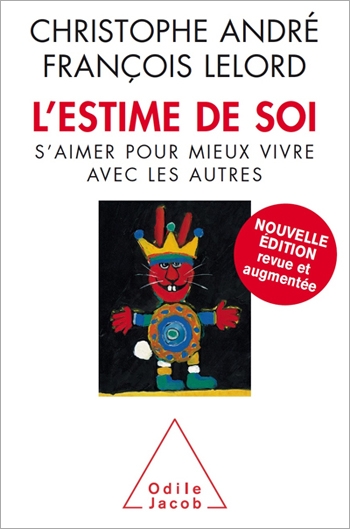
Christophe André, François Lelord
Self Esteem Liking Yourself in Order to Live Better With Others
Self-belief, self-love, self-confidence... These are all facets of self-esteem, a basic aspect of the human personality, which results from our self-image and how we judge ourselves...
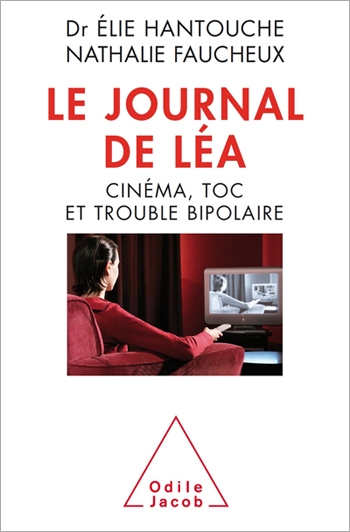
Élie Hantouche, Nathalie Faucheux
Lea's Diary OCDs and Bipolar Disorders
How to overcome one’s mental disorders by watching films about them.

Virginie Pape
Life’s Music
The beneficial effects, in both paediatrics and gerontology, of the distant music that composes our lives

Willy Pasini
The Arms of Seduction
A lesson in seduction for those who wish to seduce without being seduced
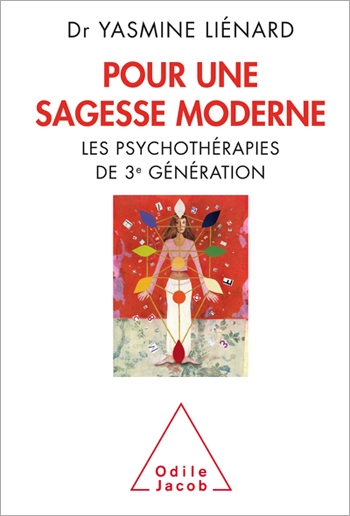
Yasmine Liénard
In Support of a New Wisdom Third Generation Psychotherapies
Using meditation and mindfulness to adapt to our changing society

Fatma Bouvet de la Maisonneuve
Women's choice
woman physician-psychiatrist appraises the condition of women in today’s society.
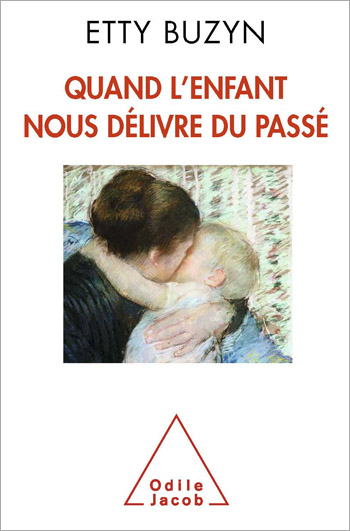
Etty Buzyn
When the Child Frees Up of Our Past
All families unconsciously transmit their history. A new baby is both the bearer and divulger of that history...
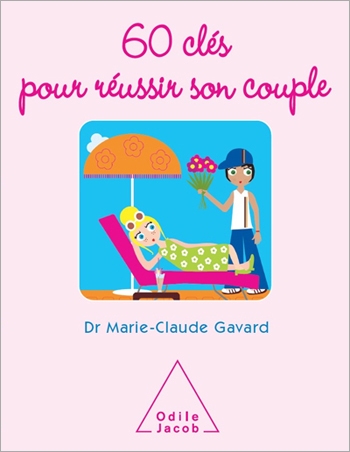
Marie-Claude Gavard
Sixty Ways to Make Your Relationship a Success
In 60 points, the author explains how to rebuild a solid relationship.
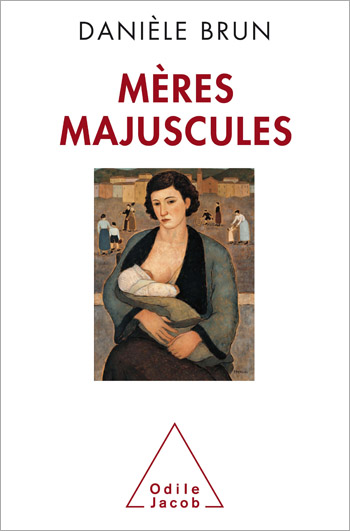
Danièle Brun
Mothers in Capital Letters
The image in question is not so much a representation of the Mother in Majesty with her child...

